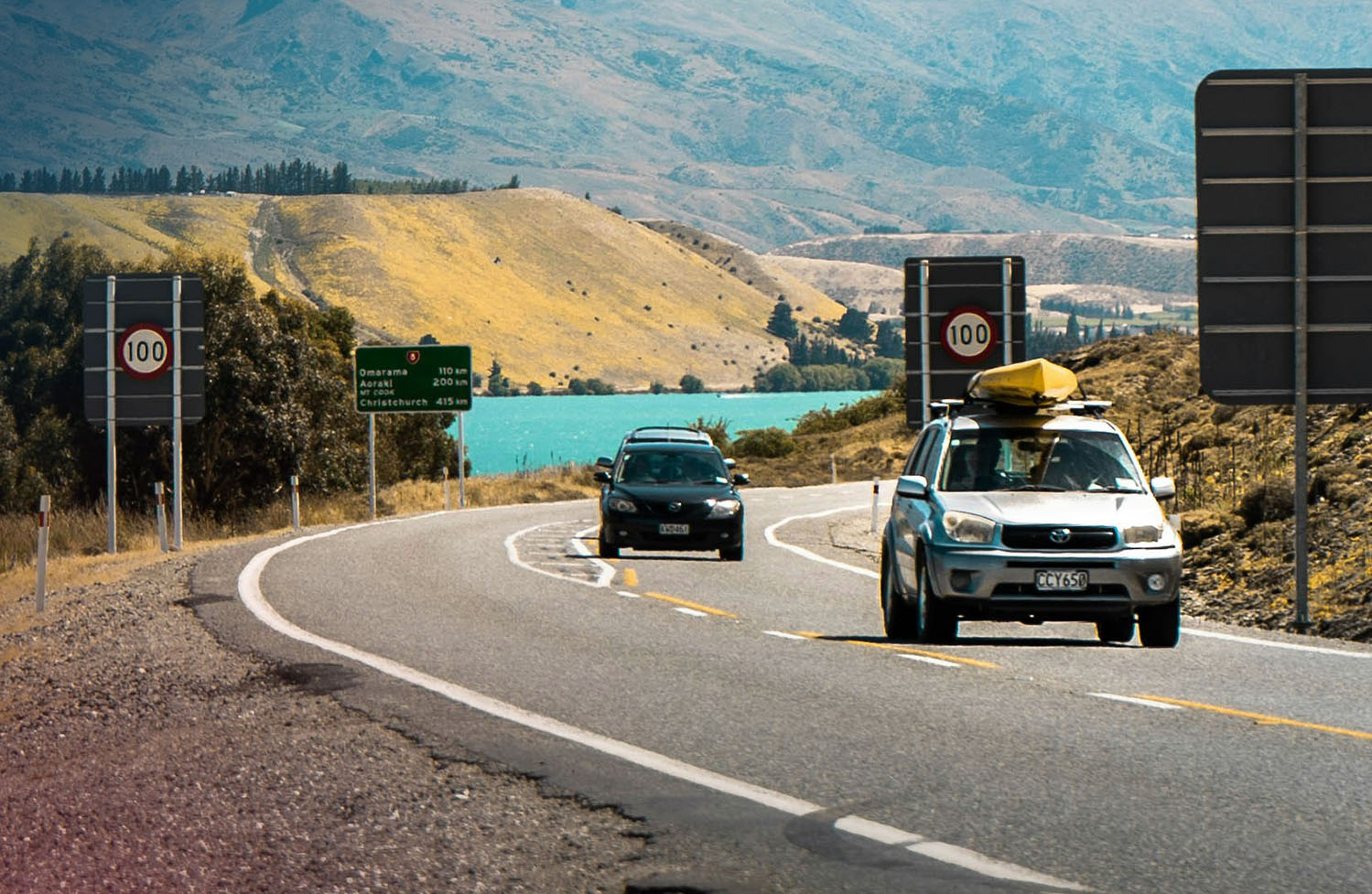Despite the growth in public transport in our major cities, there are many reasons why having a safe, reliable car makes a lot of sense. But many people don’t have the savings necessary to buy a suitable model. Nor do they have possessions they can sell to cover the purchase. This is where a car loan or vehicle finance can help.
However, before you decide to get a car loan it’s important to understand how loans work, and weigh up the pros and cons for your situation. To help you get started, we’ve put together this handy summary of the main points. It’s always a good idea to get experienced independent financial advice before signing up for any loan.
What are the main types of car loan?
A car loan is like a personal loan. The lender you choose pays an agreed amount towards the car. This could cover most of the purchase price or just a small amount, depending on the amount you can contribute as a deposit.
You agree to make regular repayments until the loan is fully paid back. Your loan payments will also include interest on the amount still owing each time. This is how the lender, and the person whose money they are using, get a return on their investment. There may also be set-up or administration fees involved.
There are main two types of car loans:
A secured loan means you agree that the lender can take (and sell) something of yours to repay the amount still owing, if you can’t keep making the regular repayments for some reason. The car you’re buying is usually used as the security, unless you’re paying for the car by increasing another secured loan, such as a mortgage. You’ll typically have to get full car insurance to protect the lender’s security.
An unsecured loan is less common and the interest rate is usually much higher, to cover the extra risk the lender is taking. You’ll also need a very good credit rating (borrowing and bill payment history) to be considered for an unsecured car loan.
Who provides car loans in New Zealand?
Car loans are usually available from banks, finance companies and online car loan providers. Car dealers can also offer finance as part of their service, either directly or on behalf of a finance company.
How much do car loans cost?
There’s more to the cost of a car loan than the interest rate. A lender should always explain the total cost of the loan to you. If they don’t, be sure to ask. It’ll depend on the interest rate, how much you borrow, how long you have to repay it (the term), and any fees or other charges.
For example, a $10,000 car loan with a fixed interest rate of 10% p.a. and a repayment term of 5 years will have monthly repayments of $213 and a total interest charge of $2,749. So the total cost of the loan will be $12,749, plus any fees or charges. If the term is 2 years, the monthly payments increase to $462 to repay the loan sooner, but the total interest paid is only $1,075.
Why do people get a car loan?
With the cost of car loan interest and the fact that cars lose value (depreciate) over time, especially when you buy new, you might be wondering why people bother with a car loan. Why don’t they just use the deposit money to pay for a cheap car, without getting a loan?
One of the main reasons is reliability. In general, a newer car is less likely to break down and need expensive repairs. People buy cars to get to and from work, as well as transport family members. A cheap unreliable car can be false economy if you have to take long urgent taxi rides or hire a car to meet your commitments. A reliable car also gives you more peace of mind, so that you can enjoy the ride.
Another top reason is safety. A newer car will typically have a higher safety rating, so you and your family members are less likely to suffer serous injuries in an accident. Although ACC can help cover a portion of the costs resulting from an accidental injury, you could still end up losing a lot of income and future earning potential. And of course, there’s more to lose through a serious accident than money.
How to buy a car using a loan
It’s important to look into car loans before getting your mind set on a particular vehicle. Shop around finance providers to confirm how much you could borrow and find the best deal for your circumstances. After you’ve chosen a lender and completed the application details, most will provide pre-approval for a particular loan amount and repayment term. This can be very useful.
Aiming to use a little less than the pre-approved loan amount will give you a good idea of the type of car you can afford and save you wasting time checking out cars you can’t afford. It also means you can confidently shop around, negotiate on price and act promptly to get the best deal you can. If you’ve already arranged finance independently you’re basically a cash customer to any dealer or car seller, which means you have more negotiating power.
Next steps for getting a car loan
To quickly find out how much you could afford to borrow for a car loan, why not try using our car finance calculator. Happy with the numbers? Apply online now.



